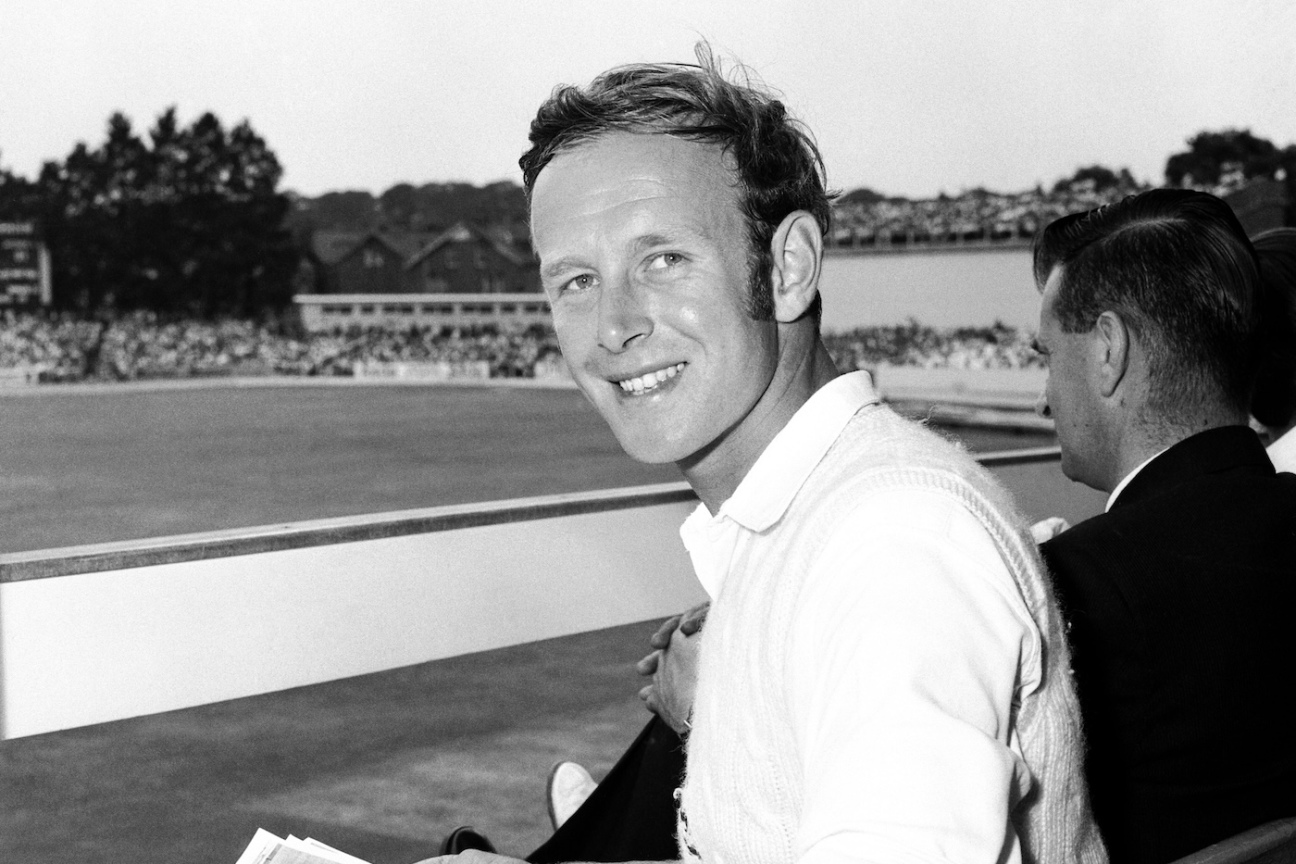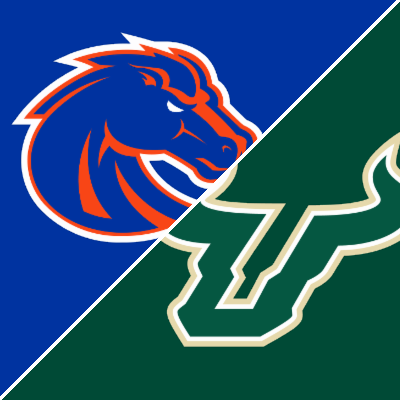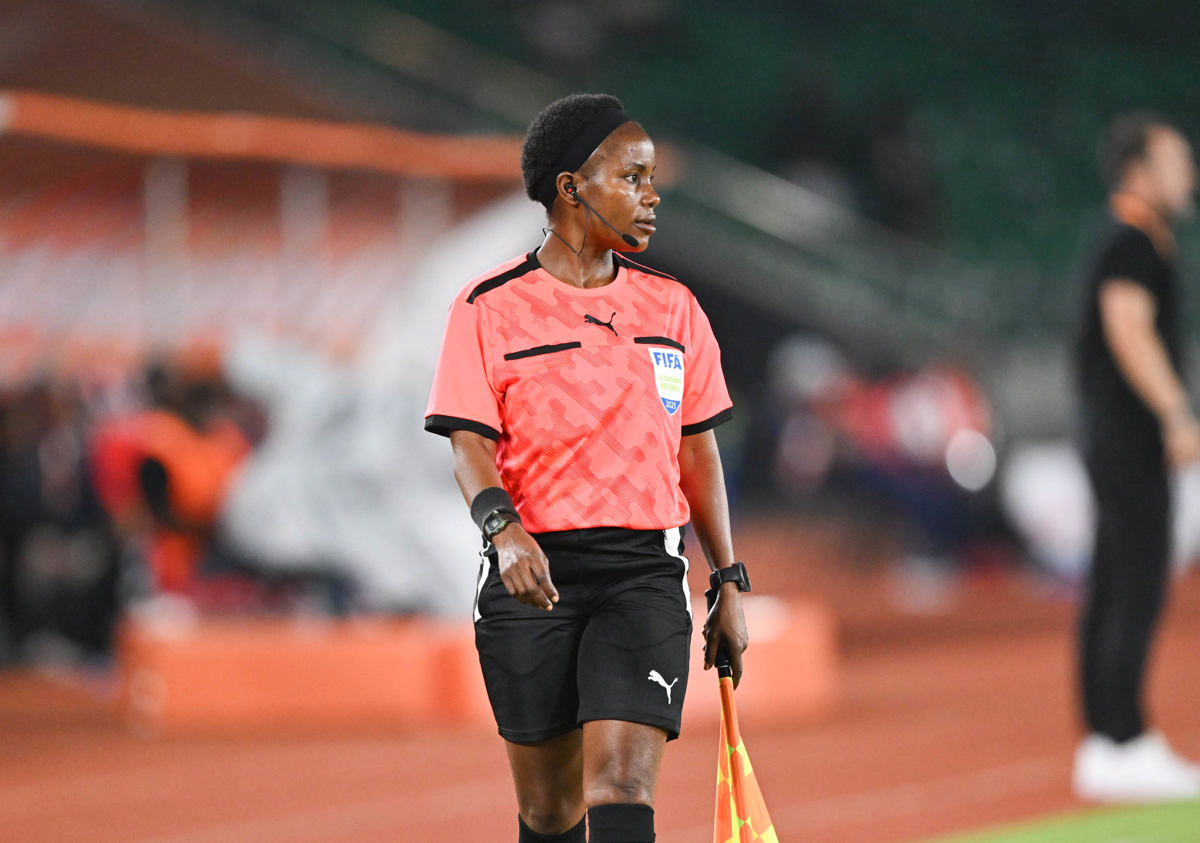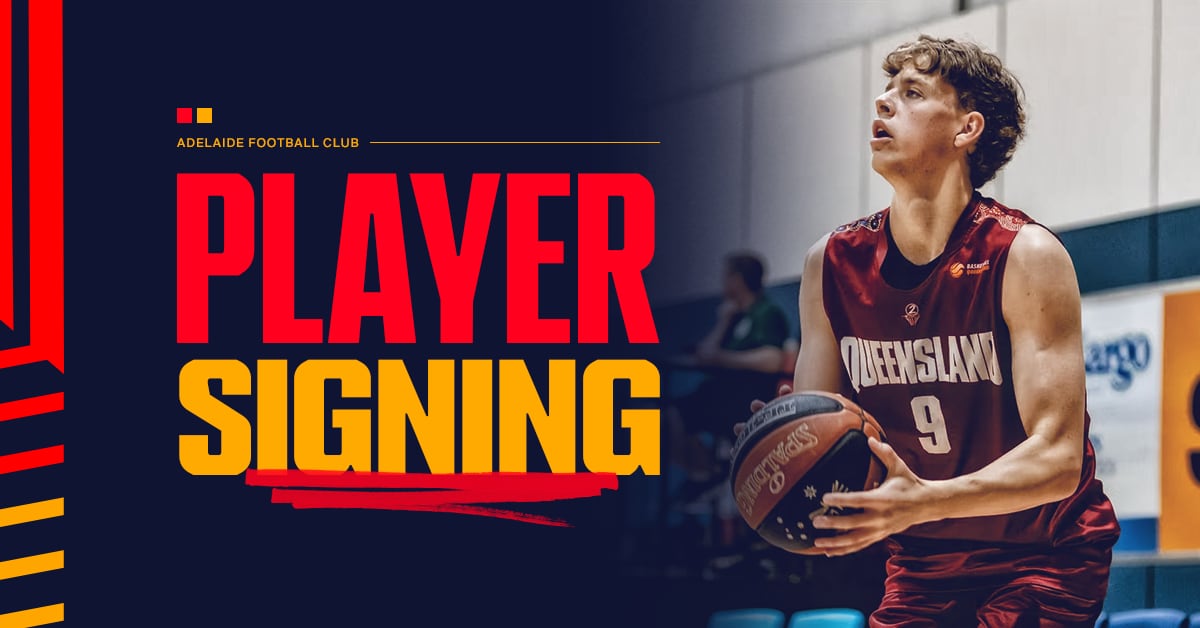Deadly down under: Derek Underwood's World Series Cricket chapter

When the England spinner and some of his Kent team-mates signed for Kerry Packer's breakaway enterprise in the '70s, it nearly broke the county apartCricket had always been a poor man's game, not least during the inflation-ridden 1970s. Between 1973 and 1977, the cost of living in England rose by 96%, whereas the remuneration for an England cap in that period rose only by 40%, from £150 to £210. At the same time, the basic pay of capped county players averaged £2600 a season, rising to perhaps £3000 with bonuses, placing them below the average wage of a skilled worker.In addition, professional cricketers weren't accorded the same rights as employees in any other job, be it the lack of a proper pension or the restrictions on moving to another county. Recalling the Kent committee as one of the stingiest on the circuit - although they did grant him two benefit matches - Underwood said, "You would think twice about going out for a meal and try and save your meal allowance. Players had little or no representation on the committee and virtually no security of employment. There was a total lack of sensitivity and of understanding what the life of a professional cricketer was all about by those running the club in the 1970s."In Australia, relations between cricketers and their governing bodies were even more fraught. The cause of the former was taken up by media magnate Kerry Packer. An inveterate gambler and sporting enthusiast, Packer saw in cricket a lucrative product unexploited by the authorities and twice bid for the exclusive right to televise the cricket in Australia, in 1975-76 and the following year.Pre-emptively rejected out of hand by the Australian Cricket Board (ACB), Packer, discerning the defences of the cricketing establishment to be fraying, went for the jugular. The issue on which he took his stand was players' salaries, which, despite some improvements, remained a pittance compared with other sports such as football, tennis and golf. Offering substantially better terms, he contracted 35 of the world's top cricketers for his WSC.One of his leading agents in the recruitment of players was England captain Tony Greig, who fretted about the meagre return he was making from the game, as he explained in a letter to Packer. "I am 31 and probably two or three Test failures from being dropped by England. Ian Botham is going to be a great player and there won't be room in the side for both of us. I don't want to finish up in a mundane job when they drop me. If you guarantee me a job for life working for your organisation, I will sign."Right-hand man: Tony Greig (right) was the lynchpin of Kerry Packer's (left) efforts to get top English players to sign for World Series Cricket © Getty ImagesGreig rang Underwood, getting him out of bed, to inform him about Packer's new venture in Australia, a series of "Tests" between an Australian XI and a Rest of the World XI. A natural salesman, Greig told him about the handsome pay cheque he would receive, but warned him that if he chose to participate, he would be unavailable to tour with England for the next three winters. While attracted by the significant sums involved, of some £40,000, Underwood fretted about a possible Test and county ban, given the inevitable backlash that WSC would provoke.On 11 April, 1977, the potential recruits went to the Dorchester hotel in London to meet Packer, who said that if the new venture was to be successful, the contracts needed to be rigorous and drawn up quickly. At the same time, he reassured them that he would do everything in his power to help them; both sides had to sign the contracts in a spirit of mutual trust.Underwood rather reluctantly signed up, since he'd wanted independent legal advice to clarify a few points, but to Austin Robertson, a former Australian Rules footballer and trusted Packer lieutenant, time was of the essence. Aside from the proposals getting mired in delay, should players seek legal advice before signing, he feared that news would leak about the venture days before the Australian touring side left home for England, which could well scupper it.Once Underwood had signed the contract, he took it to his solicitors, and they made various suggestions as to how it might be improved. Under the contract as it was originally drafted, JP Sports, Packer's new business interest, could theoretically stop him playing any cricket during the English summer. Later, when he met Packer's legal adviser, Underwood put the suggestions to him and it was partly because of him that the contracts were later amended, Packer giving a written undertaking that WSC players could play county cricket.Despite being one of the country's leading cricketers, Underwood found it extremely difficult to achieve any degree of security. In line with other counties, Kent paid poorly. Even on the highest of scales used by the county in assessing the remuneration of its players, Underwood's basic salary was a mere £2665 in 1975, £2821 in 1976 and £3155 in 1977. Other sources of income included £600 from winning bonuses, Test match fees of £210 per match, and £3550 from the tour to India in 1976-77, netting him about £7600 in that tax year. Despite having lived at home until his marriage in 1973, he reckoned he would have found it very difficult to support his wife had he not had a benefit in 1975.The game must go on: Underwood indulges in a spot of indoor cricket with Asif Iqbal and young James Packer, Kerry's son, during a rain break in a WSC game in Sydney in 1978 © Getty ImagesWhat also concerned him was his lack of qualifications outside of cricket and his inability to forge an alternative career, evidenced by the casual winter employment he'd undertaken over the years. Financial considerations aside, he was attracted by the idea of playing top-class cricket against the world's best players and overhauling the way the game was run. He didn't think a challenge to the game's governing body to be a bad thing. "In general, [the establishment] seems to fear change (as advanced by their initial opposition to one-day cricket, which has since proved extremely popular) and they incline to the view that 'the game is the thing' and that it does not really matter who wins," he wrote. "It is not surprising therefore that insufficient attention is paid to the interests of the players and for this reason I would like to see a more professional approach to the game."When the news broke on 9 May that Greig, Alan Knott and Underwood were joining WSC, the reaction in England was overwhelmingly hostile. John Woodcock wrote, "It is an astonishing situation when the captain of England goes to two of his best players (Knott and Underwood) and on behalf of an Australian impresario buys their services, knowing that it will almost certainly drastically reduce, if not bring to an end, their appearances for England."In the Sunday Express, Denis Compton accused the Packer players of betraying their country. Further criticism came from Geoff Boycott, who accused the three players of "prostituting themselves for money", and Mike Turner, the influential secretary of Leicestershire, who said that "Greig's belief that these pirate international matches will benefit the ordinary player is nonsensical."The Cricket Council, cricket's governing body in the UK, viewed Greig's clandestine role in the recruitment of players as a breach of trust in his relationship with them and consequently sacked him as captain. While Greig remained the main target of opprobrium, Knott was surprised by the level of hostility he encountered. He thought that most people would agree with his opinion that it was healthy to have two employers in the game. To those that knew him well, his decision to join Packer came as little surprise. He believed in the concept of WSC, since it strongly promoted player welfare.Fellow travellers: Underwood (left) plays cards with Tony Greig and Asif Iqbal in the dressing room during a WSC game in 1978 © Fairfax Media/Getty ImagesIn the case of Underwood, his defection occasioned more debate. His father, Leslie, said little but deep down he harboured reservations that his son had turned his back on English cricket and what it meant to him; chairman of selectors Alec Bedser thought it "seemed out of character for a devoted team man"; and Bob Taylor, a leading opponent of WSC, expressed surprise that Underwood had signed. Taylor later wrote, "Underwood, a great bowler, would be an automatic choice for England for years to come and he always seemed a true traditionalist, a supporter of old-fashioned standards. I am sure he regretted the move, but he would never admit it."A true patriot in every sense, representing his country meant everything to Underwood and he would go the extra mile to snatch victory or avoid defeat. Equally, in an era when sledging and gamesmanship had become more commonplace, he remained a model of deportment, clean-shaven, smartly dressed and courteous to all, embracing the decorous traditions of Canterbury Cricket Week rather than the brash, gladiatorial version of the game envisaged by Packer.He later defended his motives in an interview with Alan Lee of the Sunday Telegraph. "There seemed to be a sense of horror that I, of all people, should have gone. People apparently put a lot of faith in records and thought I, too, should do so. But records don't bring up a family. I had been in and out of the Test side for years; there was no security. If I injured myself, I might never play again. They didn't think of that." Later he told the High Court, "One of my greatest worries has always been: what would I do when my playing career is over? I have no qualifications. Up until now I have been unable to save much from my income. It's nice to feel that at last I am earning the sort of money that other international sportsmen have enjoyed for years."Once the news broke, Underwood, after consulting with Knott, contacted Kent chairman Walter Brice to ask if the two of them and Asif Iqbal, another Packer recruit, could see him to explain their position. Brice readily agreed and they met at Lord's, where Kent were trying to play Middlesex in the rain. The players explained their reasons for signing, reasons which from a purely financial point of view could be readily appreciated and assured him of their continued loyalty to Kent. Brice said that provided their participation didn't interfere with their club commitments he could not object to their signing.Knott and Underwood also met Doug Insole and Donald Carr of the Test and County Cricket Board (TCCB). After they confirmed that they wouldn't be available for overseas tours, Underwood had the impression that apart from this, Insole and Carr were at a loss to know what to ask.Underwood bowls at Lord's against New Zealand in 1969, a game in which he took 11 wickets © PA Photos/Getty ImagesThe two then talked to Mike Brearley. Both stressed that Packer was offering them a security they could never get from Kent or England. Both hoped that a compromise could be reached, but if not, they were prepared to face the consequences. Brearley told Underwood that he thought he had made a mistake if he had done anything to jeopardise his county career, "which after all had been the fulcrum of his life since he was 17".With Greig axed as England captain, Brearley, his vice-captain in India, took over for the home series against Australia. On the advice of the TCCB, the selectors picked the team on merit, which allowed for the inclusion of Greig, Knott and Underwood, all of whom Brearley liked and respected. More important, he rated Greig's ability to get the best out of his men by involving them in team policy, a practice he continued. His reward was a loyal and united team, in contrast to the faction-ridden Australians, 13 of whom had signed for Packer, including captain Greg Chappell and vice-captain Rodney Marsh.After an evenly fought draw at Lord's, England won the second Test, at Old Trafford, by nine wickets, helped by Underwood's 6 for 66 in the second innings. On the fourth morning, with England leading by 139 with one wicket left, Brearley wanted Underwood to experiment by bowling over the wicket and into the rough just outside the right-hander's leg stump in Australia's second innings, but knew Underwood might be reluctant to depart from the norm. "Deadly doesn't like his fields tampered with," Knott said, convincing Brearley that he should start talking to Underwood to sell his tactical ruse. Brearley wrote, "I reminded him that he could always revert to bowling round the wicket. I wanted to excite him about the thought of bowling over the wicket to Greg Chappell, who I thought would not enjoy the idea. As we talked, Derek became more enthusiastic."By the end of the day Underwood had taken three wickets bowling over the wicket to right-handers, including Chappell for an exquisite 112. Chappell wrote, "He only bowled one bad ball all day, wide and short, and it hit a crack and didn't bounce. I'd gone to give it the big one and when it stayed down, it hit the bottom inside edge and back onto the stumps."With the Ashes regained after England's seven-wicket win at Trent Bridge and their innings victory at Headingley, the selectors were thinking of omitting the Packer players at The Oval. Their intentions were opposed by Brearley, who adopted a conciliatory line towards WSC throughout. "Brearley made it quite clear to the players that he was only captain because of the advent of WSC and he stressed that it was Greig who had built up such a good side," wrote Knott. "Throughout the series with Australia in the summer of 1977 the atmosphere was perfect in the England dressing room, and the credit for that goes to Brearley and Greig."Underwood (seated, second from left) with the Kent side in 1970. Alan Knott is to Underwood's right, Asif Iqbal stands third from right, and club secretary Les Ames is seated third from right. "I had a close association with all four players [Underwood, Knott, Woolmer and Iqbal] and have always considered them model examples of how professional cricketers should behave," Ames said. "Two of them are among the greatest cricketers to have played for Kent" © Getty ImagesIn line with his previous efforts to secure better terms for all players, Brearley during the Headingley Test rejected a suggestion that a £9000 cheque donated by several businessmen to the England team should exclude Greig, Knott and Underwood. He emphasised that they were a team and that every member should receive a share, which is precisely what happened.It was during the Oval Test that Bob Woolmer signed up for Packer. Originally strongly opposed to the enterprise, believing that his team-mates were placing their own interests above the general good of the game, he was won over by Knott and Underwood on a coach trip to Swansea in mid-July. They argued that Packer would improve the income of county cricketers, citing the recent Cornhill Insurance sponsorship that had raised England salaries from £210 a game to £1000, and security of contracts, something very few cricketers then enjoyed.Following an inconclusive meeting with the ICC at Lord's on 23 June, in particular their refusal to grant him exclusive Australian television rights, Packer told the waiting press, "From now on it is every man for himself and let the devil take the hindmost." Hostilities were further exacerbated by the ICC ban from Test cricket of all the WSC players from 1 October 1977, a ban that Packer contested in court to prevent third parties from inducing players to break their contracts.Opposition to Packer also came from the TCCB, which announced on 10 August that WSC players would be banned from playing county cricket, a decision Underwood called "disgraceful". The Professional Cricketers' Association (PCA) at an Extraordinary General Meeting in early September voted in favour of the TCCB ban, fearing that the county game would be devalued by players no longer fully committed to it. The idea that his fellow professionals wanted him outlawed left Underwood feeling slightly bitter and bewildered. If they succeeded, he confided to Lee, the rift in the game would only widen and standards would decline.Although the majority at Kent were unconcerned about what their Packer players did in the winter, David Clark thought otherwise. A former captain and chairman of Kent, and the club's representative on the TCCB, he felt strongly about WSC and advocated a ban, a view supported by other club stalwarts such as Colin Cowdrey and EW Swanton, all of which influenced chairman Brice's position.Derek and Dawn Underwood on their wedding day in 1973. He needed to arrange for her flight to Australia to accompany him on the 1974-75 tour, and to Sri Lanka in 1976-77. Wives were only able to spend 21 nights in the same hotel as the players, and beyond that, they needed to find alternative accommodation © Getty ImagesHe reminded his colleagues that Kent received 30-50% of its revenue from TCCB funds, either Test match receipts or sponsorship. If county cricket as they knew it was to be preserved, every effort must be made to support the TCCB. Brice said, "This will call for some agonising decisions if in its attempts to save our cricket way of life, the players who have contracted with Packer are banned from county cricket."This view was conveyed to the Packer players at a meeting called on 20 August. They were told that the club wanted them to continue playing for it, but in the circumstances there was nothing they could do to prevent the proposed ban.Packer's challenge to the TCCB began in the High Court on 27 September and lasted for seven weeks. On 25 November the court ruled that to ban cricketers from Test or county cricket would be an unreasonable restraint of trade and an inducement to them to break their Packer contracts. A professional cricketer needed to make his living as much as any other professional man. Costs estimated at £250,000 were awarded to Packer's side.Days before that verdict, Underwood arrived in Australia without Dawn, his wife, who was about to give birth to their second daughter, Fiona. With the South Africa and Pakistan players, who comprised the nucleus of the World XI, keeping to themselves, and Greig and Knott living with their families in private accommodation, he felt rather detached. Conscious that various players were missing loved ones, Packer went out of his way to look after them, not least at Christmas. After entertainment at the Chateau Hotel in Sydney, Underwood was thrown into the swimming pool fully clothed.Although the Packer players were depressed by the small crowds and lack of atmosphere - the Australian public preferred to watch a gripping Test series against India, which Australia won 3-2 - WSC lacked nothing in intensity as the world cricketing elite competed against each other for substantial sums of prize money. "It was brutal cricket out there," recalled Barry Richards. "Packer would not have it any other way." When a rising delivery from Jeff Thomson hit Underwood on the hand, one of the fielders approached Underwood, asking, "How's the hand?" "It's the right hand," said Underwood, to which the fielder replied, "Shame, we were aiming for the left."A Melbourne taxi sports an ad for World Series Cricket, ahead of the Supertests final in 1979. Packer's tournament caught on with Australian cricket fans at large that season © Getty ImagesNothing better encapsulated the gladiatorial combat of the contest than the profusion of bouncers directed at all and sundry. Fourteen batsmen were hit that first year, and helmets became the norm for everyone bar Viv Richards and one or two others. The most startling innovation was the introduction of night cricket with black sightscreens, white balls and coloured clothing, which has proved WSC's most enduring legacy to the game.The late finishes meant the players adapted to a new routine. Finishing at 10.30pm and returning to the hotel about midnight, Underwood liked to unwind with a couple of beers at the bar before going to bed at 1am and rising about 10am.The extensive hours and the quality of the opposition called for a greater emphasis on fitness and practice. According to World XI team-mate Mike Procter, Underwood was an old-style player who had to change his ways. Procter wrote, "I'll never forget the look of horror on his face in the first year of WSC when he was told to run round the ground. He'd never had an injury in nearly 20 years of cricket, and he relied on simply bowling to keep himself fit. But he had to do it because you [couldn't] make an exception for him."In the first game, a practice one between the WSC Australian XI and the World XI at Melbourne's VFL Park, watched by a crowd of 1000, Greig introduced Underwood to the attack before lunch on the first day, and minutes later Underwood bowled Greg Chappell, playing no stroke. Beginning with 4 for 60, Underwood went one better against an Australian XI at Rockhampton; his 6 for 34 there included a hat-trick. He continued to perform creditably, and in the final of the Country Cup in Canberra his last-wicket stand of 57 with John Snow helped the World XI to an 85-run victory over the Australians.Back in Kent, the cricket sub-committee unanimously resolved on 12 January 1978 that, they had "no option but to pay and consider for team selection the Packer players along with other members of staff". That view was endorsed by the general committee in February, which voted 14 to 7 to to honour the implied contracts for 1978, which covered the summer only, meaning that the players were free agents in the winter. The following month the committee decided that all Kent players would have two-year contracts, apart from the Packer ones, who would have only a one-year contract, and that their services would not be required after 9 September 1978, and that they would be given formal notice in due course.Alan Knott signs autographs during a rain interruption in a World Series Cricket Country Cup match in Lismore, in the first WSC season © Fairfax Media/Getty ImagesThe committee replaced Iqbal as captain with Alan Ealham and stated that their promising young wicketkeeper Paul Downton would play instead of Knott. "And, to add insult to injury,' recalled Underwood, "we were told that if we wanted to leave immediately, no one would stand in our way. We were all in shock. Poor little Knotty was practically in tears." What particularly upset Underwood was the charge of disloyalty to the county he'd served with dedication for 15 seasons. He wrote, "To say their action was hurtful was the understatement of the year. What we could not fathom was why we should be dismissed from Kent simply because we wanted to play cricket under another banner in another part of the world during the winter."There were people who seemed to think I would contaminate the place, that I would want an extra tenner a week, or that I would turn up in a better car than the committee man. All of which came down to jealousy. There were others who had genuine fears for the spirit of the team, but these were proved quite unfounded."The treatment of the Packer players outraged Les Ames, who thought of Underwood, Knott, Woolmer and Iqbal as his protégés. He spoke out at Kent's Annual General Meeting in April, calling their sackings "a repugnant and distasteful decision". "Two of them are among the greatest cricketers to have played for Kent," he said. "I am very anti- Packer, but another way must be found to solve the problem." His show of loyalty saw him heckled by sections of the membership, an astonishing rebuke to one of Kent's greatest servants.Ames' attempt to rescind the sackings was heavily defeated at the AGM. But the sackings did create widespread unrest among more moderate members, a couple of whom, considering the decision to be detrimental to Kent cricket, wrote to the Sevenoaks Chronicle and Kentish Advertiser, inviting members to sign a petition calling for the reinstatement of the players. The petition, which gathered more than 100 signatures, was presented to new chairman John Pocock, urging a change of heart and threatening to call an extraordinary meeting if the committee refused to give ground. Kent captain Ealham too lobbied the committee to reverse its decision.Underwood made 32, the second-highest score in the World XI's first innings in the Supertests final of 1979. His side chased 224 in the fourth innings to win David James Bartho / © Fairfax Media/Getty ImagesThe fact that Underwood, Iqbal and Woolmer were central to Kent's encouraging start to the season didn't go unnoticed. Underwood, who by then had been approached by Derbyshire captain Eddie Barlow to play for them, noted that the club could not bear the thought of his joining another county and playing against them.There were the financial aspects to consider too. Retaining lawyers to terminate the Packer player contracts would have cost up to £10,000 per player, financially crippling the club, and with no other county resorting to such drastic action, Kent's general committee began to have second thoughts. On 20 July, after a four-hour meeting, they released a statement acknowledging that it was in the best interests of Kent cricket to offer the Packer players terms after the 1978 season.Underwood, who admitted to having felt the strain, said he looked forward to playing for many years, which is what he'd always wanted to do.The reprieve didn't please everyone. The letters columns of the local papers were inundated with angry missives from outraged members deploring the onset of player power. Brian Johnston cancelled his Kent membership, accusing the county of putting self-interest before the good of the game. He wrote in the Cricketer that he did not begrudge the players their desire to ensure their financial future, but added: "What satisfaction can great cricketers like Alan Knott and Derek Underwood get from playing limited-over cricket on football fields under floodlights with a hefty ration of blood and bouncers?'"The reprieve also claimed David Clark, who, as president of MCC and chairman of the ICC, felt obliged to resign from the county committee on which he'd served for 30 years.****After a disappointing first year in which WSC lost a lot of revenue, the second year proved more rewarding, since aggressive marketing and more one-day cricket boosted the coffers. In contrast to Australia's 5-1 defeat to England in front of rapidly diminishing attendances, night cricket played on Test match grounds drew vast crowds and greatly increased television ratings. For all the exhilarating nature of the cricket, the winter at times proved torturous for Underwood. England were touring Australia, and he was playing a rival form of cricket.© Pitch PublishingAfter beginning with a round of one-day games in New Zealand, WSC returned to Australia to play a similar format to the previous year, except a fourth side, the Cavaliers, was added. Underwood took 5 for 56 against an Australian XI in a one- day game in Perth, and then six wickets, five of them recognised batsmen, against the same opposition in the World XI's 102-run victory in the first Supertest. He also took a valuable 3 for 68 in their thrashing of West Indies in the next match. In a form of cricket in which fast bowlers dominated, he was the only spinner who emerged from WSC with his reputation intact. (In five Supertests he took 16 wickets at 27.56.)It was his batting, however, that caught the eye in the Supertest final against the Australians at the SCG. Entering at 104 for 9 in reply to the home side's 172, he was dropped in the gully when on 2. Capitalising on his reprieve, he added 64 with South African fast bowler Garth le Roux.The Australians were rattled, as Underwood discovered in their second innings, when the last-wicket pair of Dennis Lillee and Lenny Pascoe were eking out every run. During one over bowled by Le Roux to Pascoe, Lillee strode halfway down the pitch to encourage his partner. On the penultimate delivery, Pascoe pushed the ball to Underwood at mid-off. Noting that Lillee had left his crease and was off chatting to Pascoe, Underwood told him that he could have run him out because the ball wasn't yet dead. Unimpressed with this mildest of rebukes, Lillee saw red, telling Underwood what he thought of him, and he continued to remonstrate with him after Pascoe was bowled next ball. Seeing their team-mate under attack, Procter and Clive Rice came to his rescue, and received similar treatment for their pains.Set 224 to win, the World XI eased home by five wickets owing to an undefeated century from Richards, described as magnificent by Underwood. "He was so poised at the crease and had such natural timing," Underwood said later. "He didn't crunch the ball off the bat, it just flowed. In WSC he stood out even in that illustrious company.'That marked the end of Underwood's participation in WSC, because, with both sides losing money, a compromise was reached between the ACB and Packer in May 1979. Looking back at the enterprise many years later Underwood claimed that he never had a moment's regret about signing up. "It was a decision I made for my family. I also look back on it as a great cricketing experience. There's a nucleus of players like Viv Richards and Gordon Greenidge, with who I share a bond. We were rebels, but we helped cricket progress."This is an edited extract from Deadly: The Life of English International Cricketer Derek Underwood by Mark Peel, Pitch Publishing, 2025© ESPN Sports Media Ltd.












